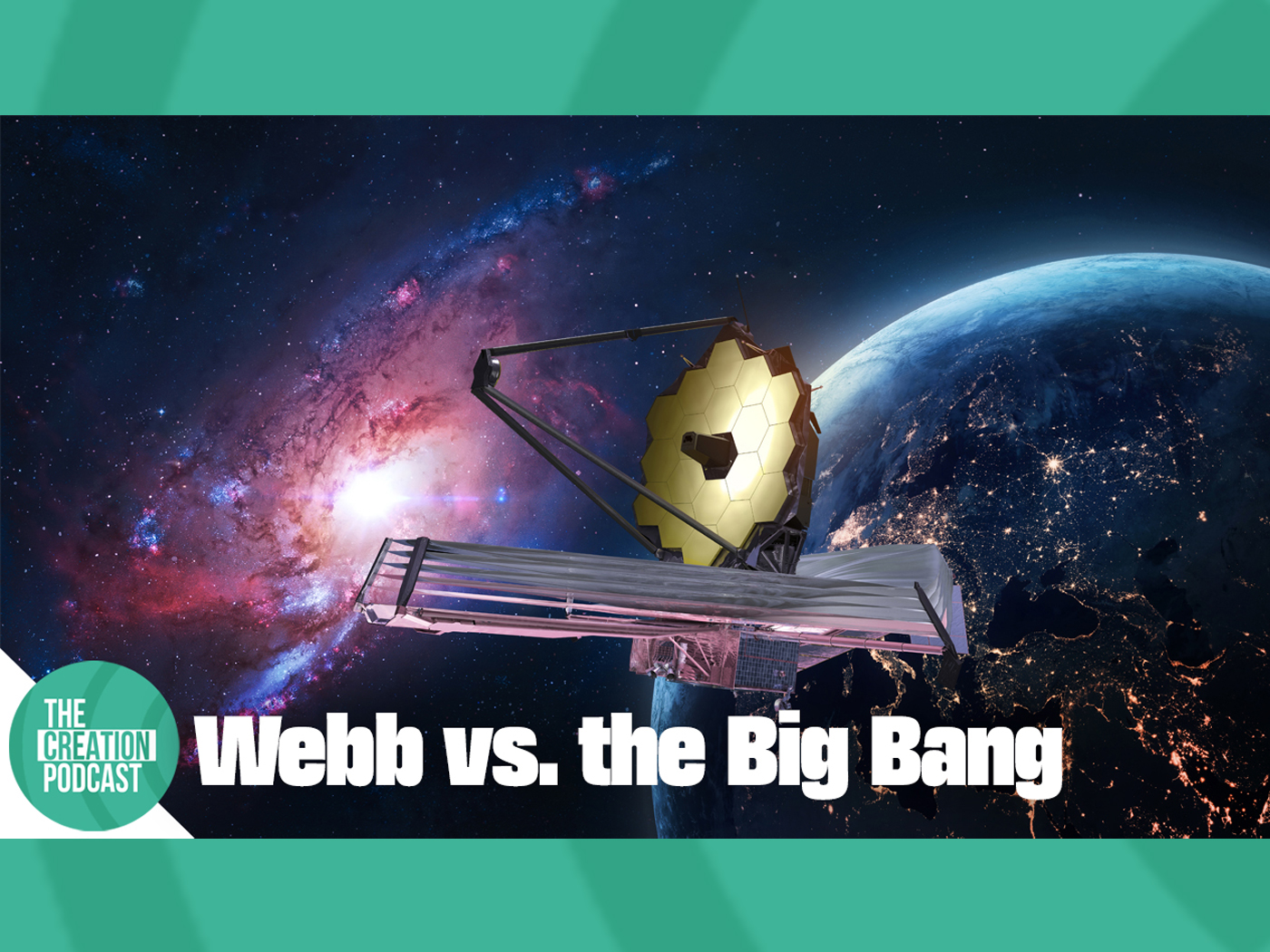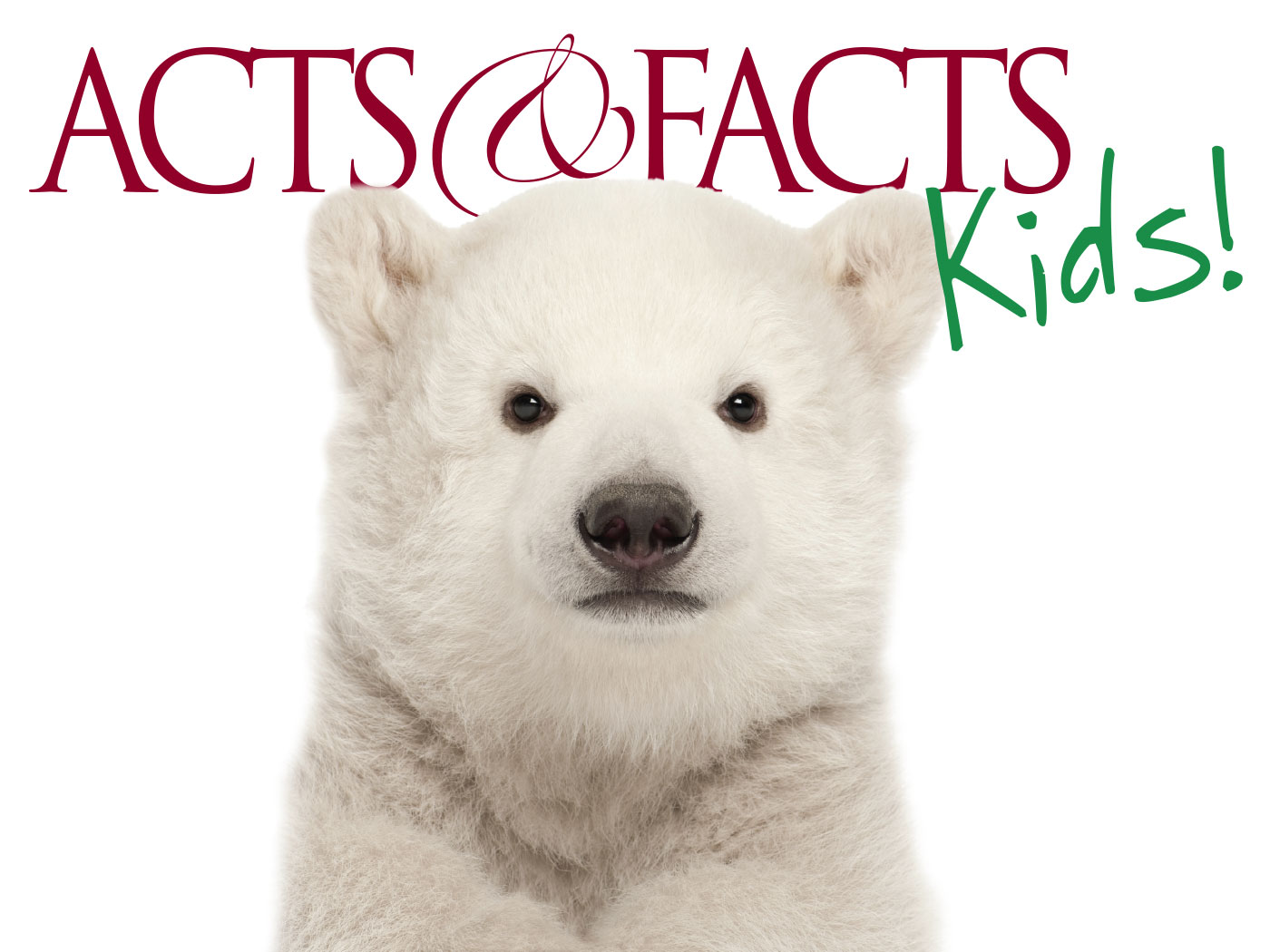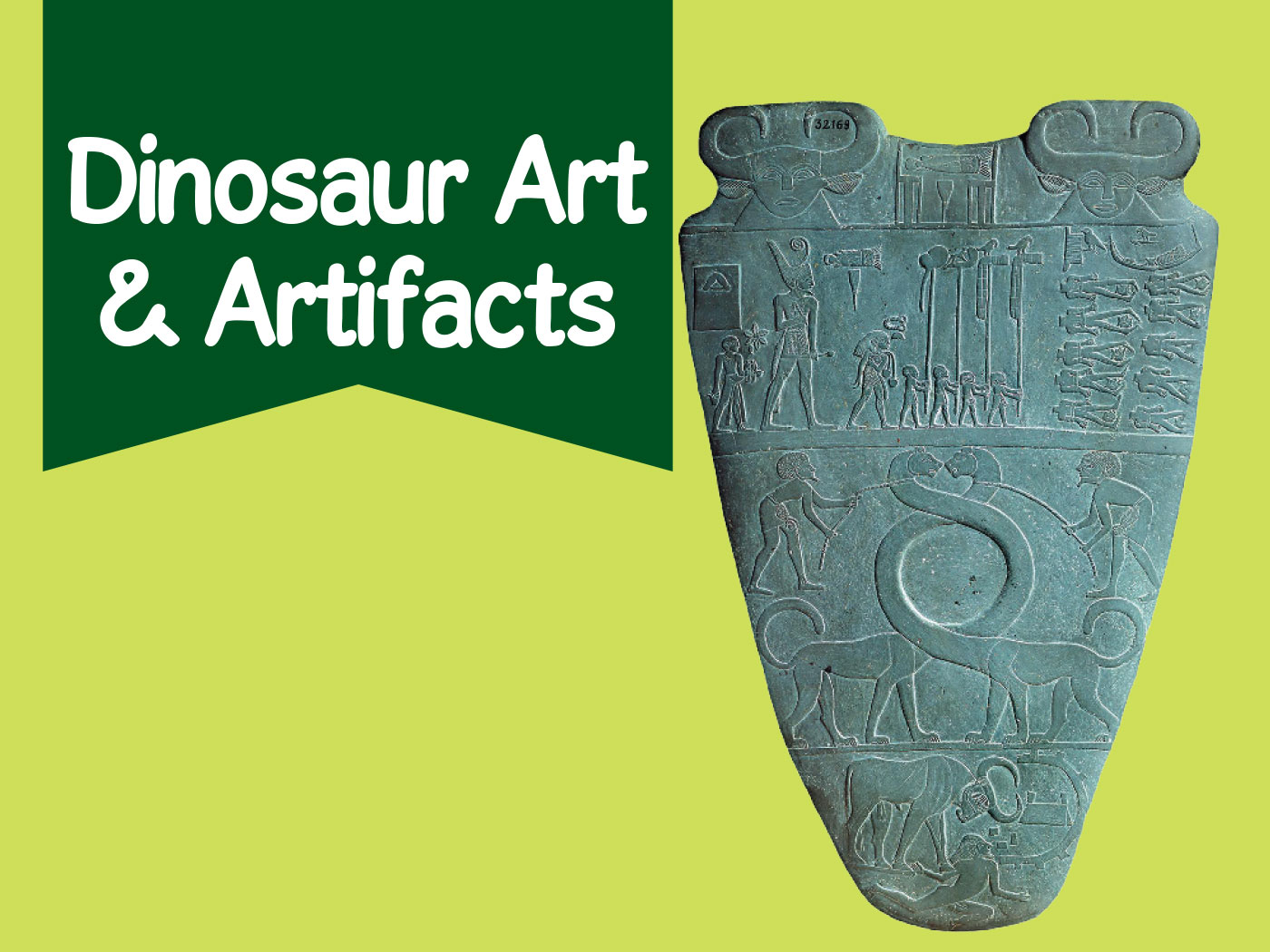The octopus—an invertebrate—never fails to surprise researchers with its incredible abilities.1,2
The octopus was designed by the Lord Jesus with amazing powers of perception, understanding, and reasoning. It has been discovered that some octopuses (molluscs) actually work together with different species (e.g., fish) to hunt.3 When hungry, it can interact with fish and actually share complex decisions to acquire a meal. But they don’t need fish to feed. In captivity, there are stories of how the octopus becomes a stealthy night raider, leaving its tank and attacking neighboring tanks containing fellow invertebrates such as clams and shrimp. By morning the tanks are lifeless, with only empty shells remaining and the guilty octopus having retreated back to its original tank after its midnight smorgasbord.
A group of zoologists recently stated regarding the octopus/fish cooperation, “Multispecies groups, however, entail interactions among highly divergent phenotypes [observable characteristics of a creature], ranging from simple exploitative actions to complex coordinated networks.”3 That is surprising in itself, but the scientists further found “this cross-species relationship is more complex than anyone expected.”4 The Phys.org report additionally stated, “The details revealed by this study suggest this relationship is far more sophisticated than other cross-species hunting associations examined to date.”4 Unfortunately, the zoologists assume this is simply the result of over a half-billion years of evolution.
In a Nature article discussing this unique hunting strategy, 10 evolutionists reported, “Here we studied hunting groups of otherwise-solitary Octopus cyanea and multiple fish species, to unravel hidden mechanisms of leadership and associated dynamics in functional nature and complexity, when divergence is maximized.”3
How did the zoologists “unravel [these] hidden mechanisms of leadership” between fish and octopus?
Using sophisticated behavioral analyses of 3D videos captured from 120 hours of diving, Sampaio and team found that each partner in the interaction plays a specific role. There was, in fact, no true leader—they are democratic.
The fish were responsible for exploring the environment and deciding where to move, while the octopus would decide if and when to move. Interestingly, controlled experiments showed the octopuses were guided by social information provided by the fishes.4
Did the social and collective behavior between octopus and fish evolve? Sampaio et al. stated, “Accompanying fish species possess different predation strategies that evolved according to their specific ecological niches, including active bottom-churning feeding.”3 But to just say the strategies evolved in ecological niches is not an explanation. Creationists would say that such predation strategies of the fish are part of their ability to continuously track their environment as they move in and fill specific ecological niches.5
Evolutionists can only say, “Although collective and social behaviour evolved through natural selection over millions of years, its origin and early history has remained largely unknown.”6 Natural selection over millions of years is just hand-waving, nothing more than a faith statement. Furthermore, the origin of collective and social behaviour will never be known as long as scientists rely on deep time and natural selection.7
Indeed, what was the origin of the invertebrate (e.g., octopus) brain? Two evolutionists writing a perspective about the first brain, stated, “Taken together, there is now increasing evidence for a brain with relatively sophisticated sensory and associative brain centres in the [hypothetical] urbilaterian ancestor of vertebrates and invertebrates, implying that the first urbilaterian brain might already have been quite complex.”8 In other words, brains have always been brains.
The head of octopus research in the Department of Psychological and Brain Sciences of Dartmouth College stated that convergent evolution can actually give rise to the most sophisticated accumulation of matter in the living world.
Just as convergent evolution led to wings in many species, convergent evolution led to complex brains in three lineages: The chordates (e.g. us), the arthropods (e.g. bees), and molluscs (e.g. octopuses). Just as there may be only so many ways to build a wing that works (all involve flapping and a membrane), there may only be so many ways to build a complex brain. By examining the minds and brains of these ‘aliens on Earth’ [octopus], we hope to be able to learn about universal principles of neural circuit design, computation, perception, cognition and consciousness.9
But convergent evolution doesn’t come close to explaining the origin of the complex brain of the octopus or its cognition.10 Stephen Meyer said in his book, Darwin’s Doubt,
Invoking convergent evolution negates the very logic of the argument from homology, which affirms that similarity implies common ancestry, except – we now learn – in those many, many cases when it does not. Repeatedly invoking convergence negates the assumption that justified the method of phylogenetic reconstruction in the first place, namely, that similarity is a reliable historical signal of common ancestry.11
An invertebrate manifesting reasoning, perception and social skills is nothing short of incredible. Sampaio et al. said of the enigmatic octopus, “This seemingly non-social invertebrate flexibly adapts to heterospecific actions, showing hallmarks of social competence and cognition.”3 This flexible adaptation to cognition and social skills is what we attribute, not to chance and millions of years, but to plan and purpose by Christ, the Master Designer.
References
- Thomas, B. Where Did the Mimic Octopus Get Its Amazing Abilities? Creation Science Update. Posted on ICR.org September 14, 2010.
- Johnson, J. Dumbo Octopus, God’s Wonder in the Deepest Deep. Creation Science Update. Posted on ICR.org June 2, 2020.
- Sampaio, E. et al. Multidimensional Social Influence Drives Leadership and Composition-Dependent Success in Octopus–Fish Hunting Groups. Natural Ecology & Evolution. Posted on nature.com September 23, 2024.
- Brown, C. Octopuses Work Together with Fish to Hunt—and the Way They Share Decisions Is Surprisingly Complex. Phys.org. Posted on phys.org September 29, 2024.
- Guliuzza, R. and P. Gaskill. 2018. Continuous Environmental Tracking: An Engineering Framework to Understand Adaptation and Diversification. Proceedings of the International Conference on Creationism. 8: 158-184, article 11.
- Vannier, J. et al. 2019. Collective Behaviour in 480-Million-Year-Old Trilobite Arthropods from Morocco. Scientific Reports. 9, article 14941.
- Guliuzza, R. 2010. Natural Selection Is Not “Nature’s Design Process.” Acts & Facts. 39 (4): 10–11.
- Riebli, N. and H. Reichert. 2015. Perspective – The First Brain. In Structure and Evolution of Invertebrate Nervous Systems. A. Schmidt-Rhaesa et al. eds. Oxford, UK: Oxford University Press.
- Tse, P. Octopus Research. Sites at Dartmouth. Posted on sites.dartmouth.edu 2020.
- Guliuzza, R. 2017. Major Evolutionary Blunders: Convergent Evolution Is a Seductive Intellectual Swindle. Acts & Facts. 48 (3): 17–19.
- Meyer, S. 2013. Darwin’s Doubt. San Francisco, CA: Harper One, 133–34.
* Dr. Sherwin is a science news writer at the Institute for Creation Research. He earned an M.A. in invertebrate zoology from the University of Northern Colorado and received an honorary doctorate of science from Pensacola Christian College.













